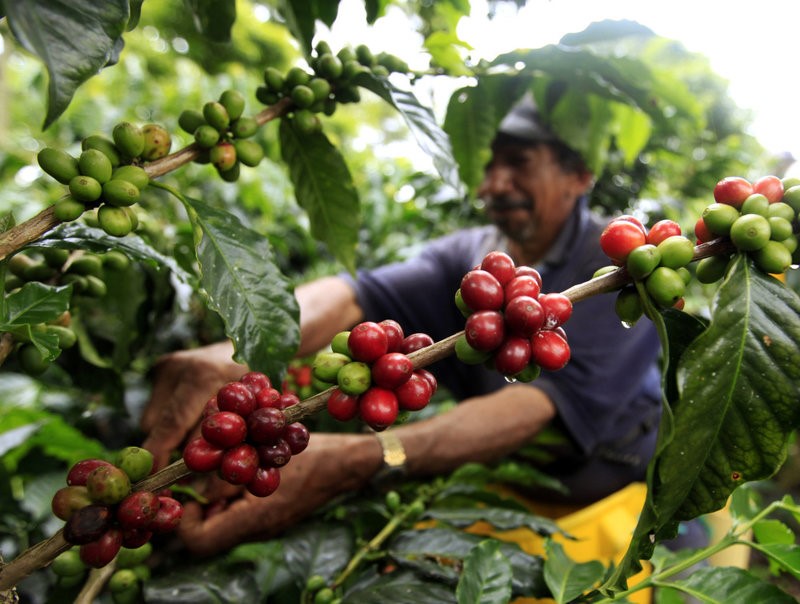Coffee is the third most consumed beverage around the world, only after water and tea. With such great impact in people’s life, 2.25 billion cups of coffee are consumed in the world every day, this International Coffee Day we celebrate this precious drink that keeps us going every day, but also take this time to give some thoughts about how to make our coffee habits more sustainable.
Sustainability in coffee considers people, planet, and profit. One of the biggest obstacles that the coffee industry faces nowadays is that farmers are earning less than decades ago, threatening their livelihood and their families. This October 1st the International Coffee Organization (ICO) is driving people to make the #coffeepledge to express their desire to build dignified conditions for the many millions of coffee farmers and try to create conscious of the need for better conditions for farmers.

In line with the concerning conditions of farmers overall, gender balance is still a long way to go where according to the Food and Agriculture Organization, “if playing field were made level, women could increase their farm yields by 20-30%,” helping increase the production of coffee an extra 30 billion cups of coffee per year. In Latin America, one in five farmworkers is a woman, and in East Asia and sub-Saharan Africa half of all agricultural laborers are women. However, they often have less access to financial resources, training, and information than their male counterparts, resulting in lower crop yields.
Another pressing issue is the environmental impact of processing coffee. One side of the issue is that in order to remove the fruit covering of the seeds/beans, a technique known as “wet method” needs to be applied requiring the use of specific equipment and substantial quantities of water. These processes have negative effects on streams and drinking water since polluted water enters the local waterways and can cause disease or death in plants, animals, and humans. In addition, climate change is creating all kinds of distortions with higher temperatures, unpredictable precipitations or drought, causing multiple damages such as flooding, fires, etc.
The warming of the planet also has a direct impact on the quality of the crop. In 2017, a study revealed that the increased of deforestation is making harder the grow of coffee especially in areas such as Ethiopia, known for the arabica bean and which represents around 60-70% of the coffee industry in the world.
While the industry as a whole adjusts to new realities of the environment, as well as works toward improving their production methods, we as consumers can also contribute to the protection of coffee. Disposable cups and single-use coffee pods are difficult to recycle and create waste with every cup.
- When buying coffee, choose the fair-trade certified organic
- The most sustainable way to brew coffee is at home
- Use reusable cups
- Advocate for change
Header Photo Credit: NPR.org
 Food
Food Farmers
Farmers Sustainable Living
Sustainable Living Living Planet
Living Planet News
News